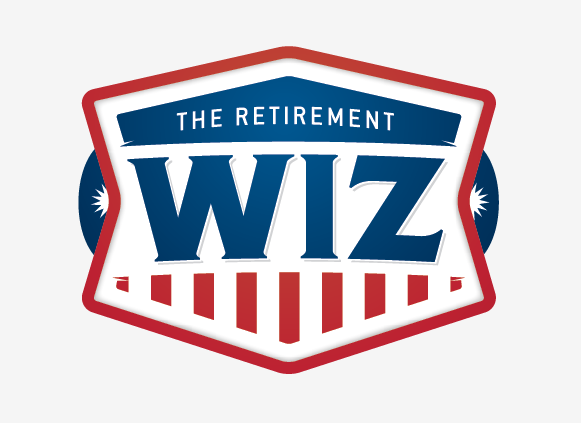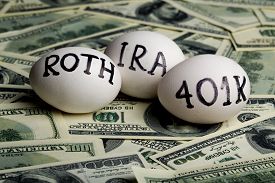A 401(k) is a retirement savings plan sponsored by an employer. It lets employees save and invest a piece of their paycheck before taxes are taken out. Taxes aren't paid until the money is withdrawn from the account.
A 401k is a qualified retirement plan that allows eligible employees of a company to save and invest for their own retirement on a tax deferred basis. Only an employer is allowed to sponsor a 401k for their employees. ... These contributions are deducted from your salary on a pre-tax basis.
If you're self-employed, you can open a Solo 401k, but that's a whole separate topic. You set aside a certain amount of money each month from your paycheck, and use it to invest money through this account.
When you change jobs, you usually have the option to rollover your 401k to your next 401k or to an IRA. Often, you even have the option to keep your 401k where it is. I usually advise people to move it. That is because when you do move it, you need to get the plan administrator to formally agree through some paperwork.
Can You Roll Your 401(k) to an IRA without Leaving Your Job? ... For the vast majority of clients, these two situations will really be the only time they will complete a 401k rollover. However, you might not know about another type of situation in which you can move funds from your company retirement plan to your IRA.
You can also receive a check and deposit it with the new IRA custodian, as long as you do it within 60 days to avoid penalties. See Common IRA Rollover Mistakes. Special rules apply if you want to shift your funds from a traditional IRA to a Roth, including income limitations.
- Your nest egg will take an immediate 10 percent hit. If you withdraw from your 401(k) before the age of 59 1/2, you will face a 10 percent penalty fee on that withdrawal. ...
- You'll owe taxes on that withdrawal. ...
- You're jeopardizing your future wealth.
What happens to your 401k if you quit your job?
This information is not intended to be tax or legal advice, and it may not be relied on for the purpose of avoiding any federal tax penalties. You are encouraged to seek tax or legal advice from an independent professional advisor.


